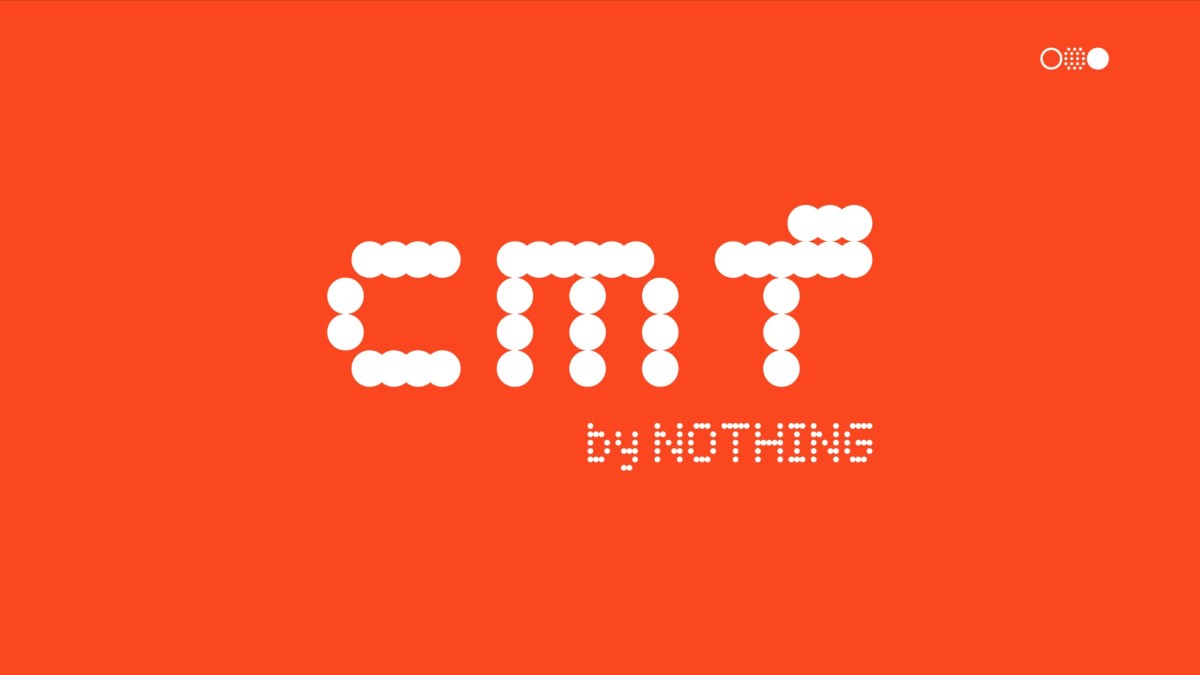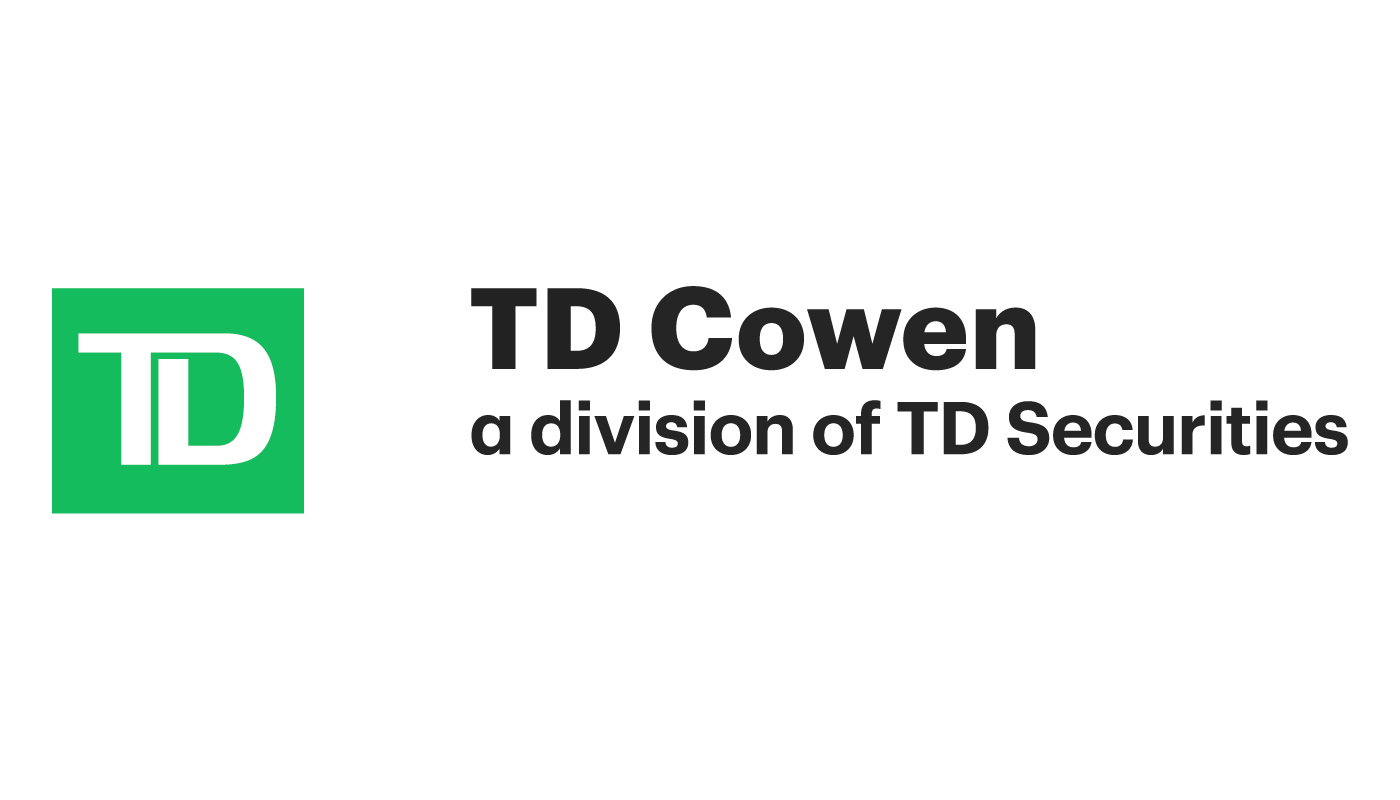The company typically draws its customers from the self-employed category with a monthly take-home income of anywhere between 15,000 rupees ($183.99) to 60,000 rupees.
“Optimism levels on the ground are very high. Customers are not just optimistic they are investing more and credit demand has been very strong,” said Jairam Sridharan, managing director of Piramal Capital.
Credit growth in India is nearly at a 10-year high of 16.2% and banks are seeing demand pick up from the corporate as well as the retail segment.
This comes at a time when rating agencies have cut India’s growth forecast against the backdrop of a global slowdown. Recently Fitch reduced the country’s growth forecast in FY23 to 7% from 7.8%.
The shadow lender is also looking to double its balance sheet in four-five years from the current 600 billion rupees, said Sridharan.
While the focus on affordable housing segment continues, Piramal Capital is also expanding its reach to new businesses such as used-car financing, gold loans and merchant financing.
Housing loans have grown by 16% as of July end compared to same period last year, according to the latest central bank data.
“Our focus is on the so-called invisible population – people who are not being seen by traditional financial services – and there’s a great opportunity for us to identify these populations and actually serve them,” Sridharan said.
With business expansion, the company is also planning to increase its headcount from nearly 10,000 employees to around 15,000 employees by end of March 2024.
The shadow bank is also considering growth through deals although none of these talks are in the advanced stages, Sridharan added.
Last year, Piramal took over Dewan Housing Finance Corp, once the country’s fourth largest housing finance company, after it defaulted on its debt.







































